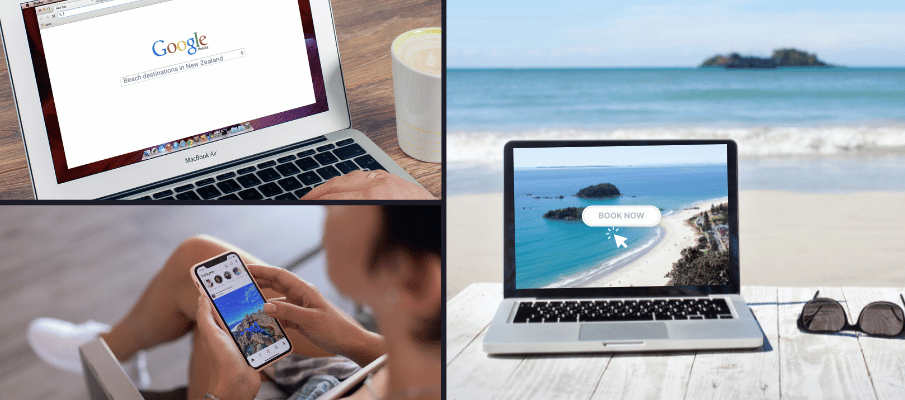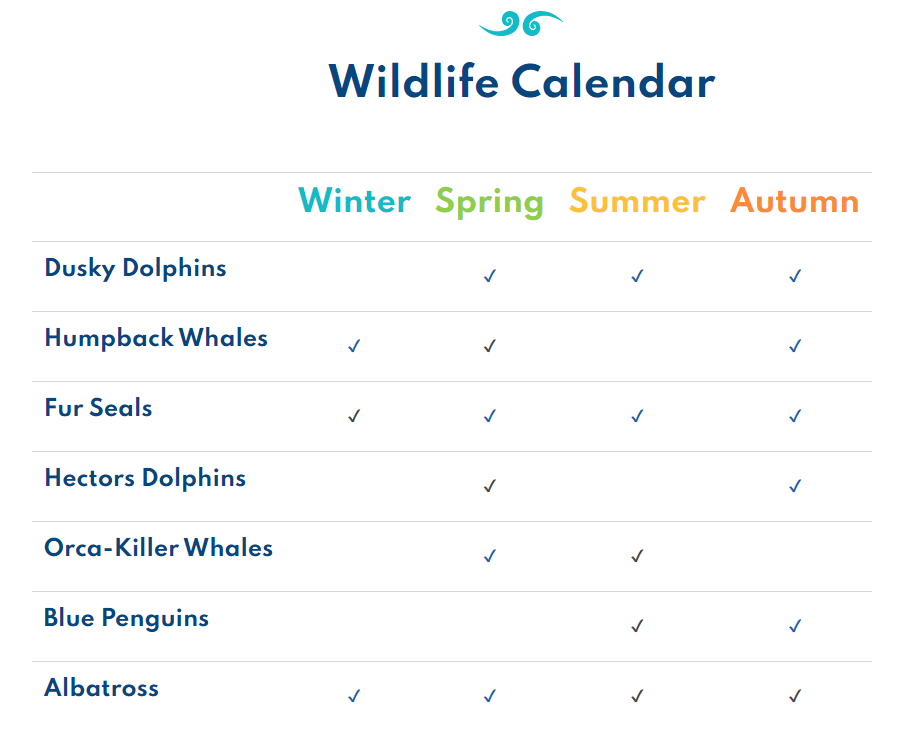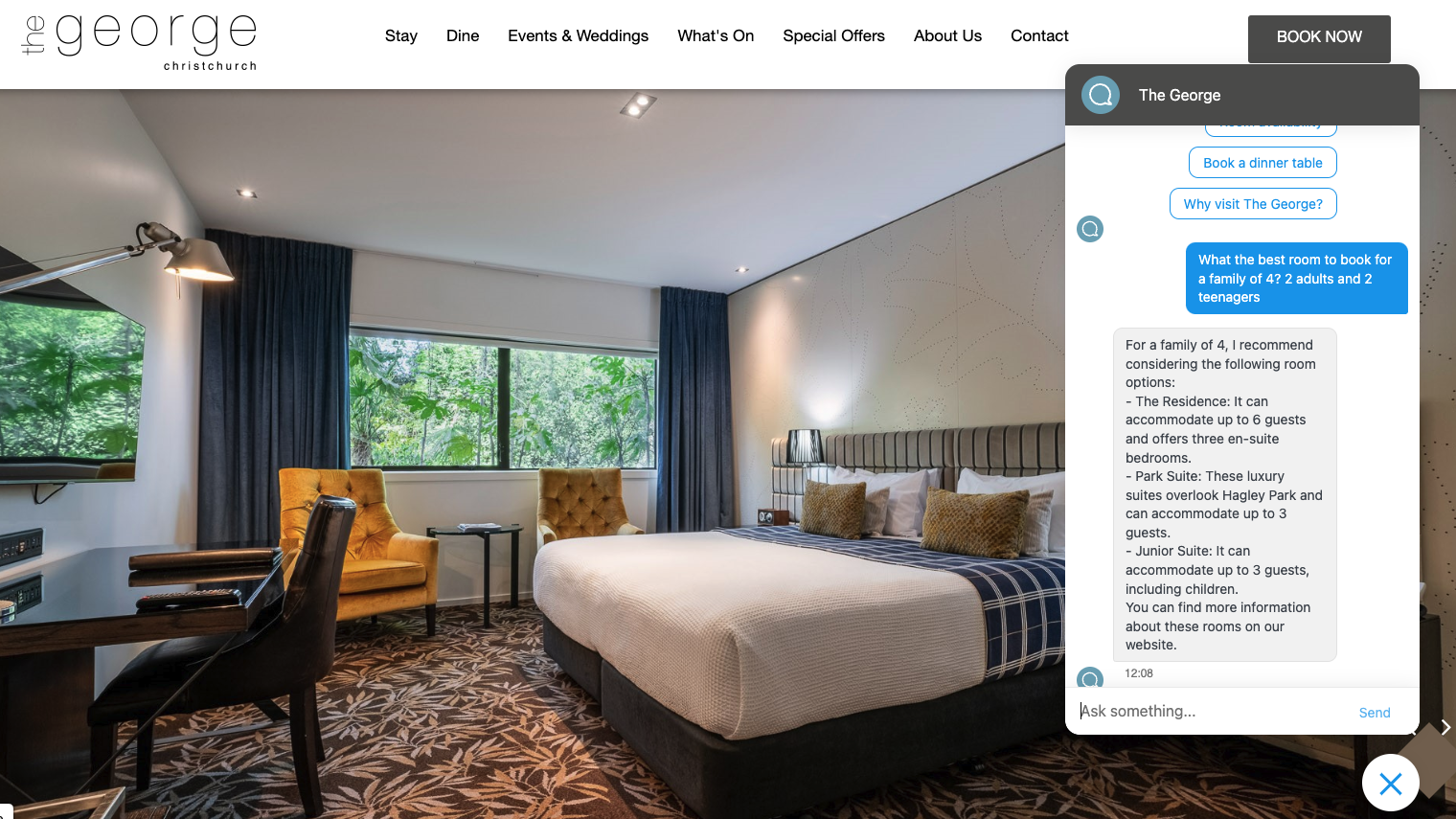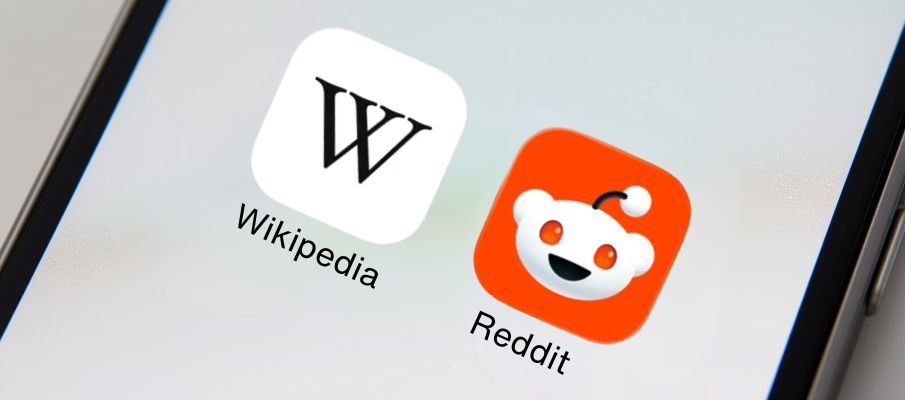Nurturing the Traveller Journey from Researching to Booking
By Michelle Ackers on

If you've read about the 5 stages of travel, you will know that most travellers will progress through 5 stages in their journey from dreaming about travel through to sharing their travel experiences:
- Dreaming
- Planning/Researching
- Booking
- Experiencing
- Sharing
82% of people’s time is spent within the researching stage!
Within the 5 stages of travel, the planning/researching stage is where CMO of Uberflip Randy Frisch says people spend the most time trying to find out about:
- the location they are looking to visit
- what to do while they’re there
- how they will get around
- where they will stay
- what the must do’s are, and
- what are other people saying about the activity, accommodation, or transport options
With the majority of this time spent comparing pricing, facilities and availability, let's look at how can you do some of this work for your customer.
Nurture Awareness of Your Options
Platforms that help nurture the awareness people have about your product:
- TripAdvisor: Did you know that Qualmark operators can pull through their star rating to list on this site?
- Newzealand.com: Did you know that visitors can view TripAdvisor ratings and Qualmark awards within category search options?
- Google My Business (now called Google Business Profile): Have you responded to the reviews received on your listing to help give some personality to your business? Can people book through your profile? Are your business hours and contact details all up to date?
- Facebook: Are the reviews for your business replied to? When was the last post on the page?
Which one of your products is right for me?
You’ve now got people to visit your website, the next step is to convince them to book with you before they look elsewhere. The next question facing the customer at this point is, what is the best option to book?
We can see from review platforms that people have had a quality experience, but were they a family of four, two friends travelling or someone like me?
Three ways to make the journey to book easier
- Highlight your product options
- Create an FAQs page
- Offer an AI-powered Chatbot
1. Clearly present your product options
For tourism operators that have many options available to book, creating a list of what you offer and letting people know what inclusions are available for each is a great way to support people move from the planning stage through to booking.
Here’s a great example from Kaikoura Kayaks helping to create expectation about what wildlife and marine life a guest may see on any of their guided kayaking trips. It also helps answer a very frequently asked question.

2. Have an FAQs page
If you are getting a lot of questions through your Facebook and Instagram pages, phone calls, or emails asking about aspects of your product, it might be time to revisit your FAQs page, or look at adding one to your website.
The aim being that you are curating the experience for people new to your business based on your own experiences, and can add more value to a reply with a link helping to answer their question and more.
Randy Frisch loves content, but stresses the importance of content experience over mere content creation. Let’s think about answering a question from someone looking to book with you.
How about offering them a link to a page curated, like an FAQs page, to help ease them into booking, as well as something to get them over the line. For example if your booking engine has the ability to redeem a promo code, even a five percent discount is a great way to move someone through the decision making process, and allows you to track how many of these leads you’ve nurtured into making the decision to book with you.

3. Add an AI Chatbot to your website
You've presented your products options and FAQs to support decision-making but maybe there are still some questions or they haven't read all of your content (people skim read websites!). If the traveller is wanting instant answers (and in a different time zone) they may not bother to read phone or email and could give up. Having a human-like AI powered chatbot that's available 24/7 accessible from your website can help them get over that final hurdle to capture them in the moment and make a booking!
Why are AI Chatbots so powerful?
- Always Learning: AI-powered bots are context aware and can learn continuously from prior interactions.
- Personalised Interactions: They use predictive intelligence and analytics to personalise interactions based on a customer’s profile and preferences.
- Closest alternative to a 'Human Feel': An AI-powered bot is your best bet for simulating conversations that feel human.
AI Chabot Tourism Solution with Yonder
Yonder is New Zealand based tourism software company that has developed an AI powered chat to have knowledge about tourism related questions. Your chatbot can then be customised for your own content, FAQ's, pricing and availability.

ABOUT THE AUTHOR
Michelle Ackers | Brand Marketing Manager
Read more articles
Why North America is Your New Best Friend (and how to catch the wave)
By Renee Goodsell |

Our General Manager, Renee headed along to the inaugural SKAL International Auckland event to catch an update from Mick Cottrell on all things Auckland Airport. There was one stat that surprised her, and the team.
North America...
What Do Wikipedia and Reddit Have in Common?
By Tomahawk |

They’re probably not in your 2026 marketing plan. But they should be.
While most tourism businesses focus on websites, SEO, social and paid ads, two of the most influential platforms shaping AI-generated answers are Wikipedia and...
